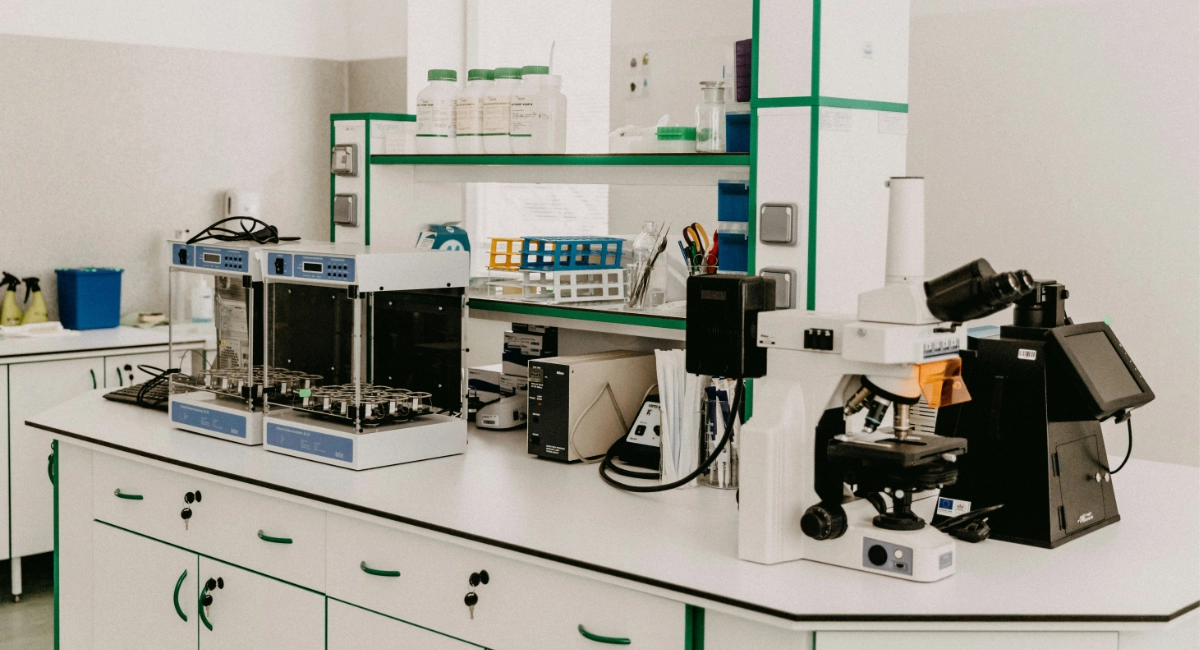Discover new biomarkers to accelerate therapeutics
We leverage antibody data and cutting-edge AI technology to develop highly accurate drug discovery seeds and diagnostic tools. By utilizing our extensive datasets, we efficiently identify promising therapeutic candidates, significantly accelerating the drug discovery process. Our work addresses unmet medical needs, delivering new hope to patients worldwide.


Problem
Developing a new drug typically requires an investment of over $2 billion and takes more than 10 years to complete. Moreover, the success rate from preclinical trials to market approval is less than 10%, highlighting the significant challenges in ensuring both safety and efficacy. In the case of cancer drug development, it is particularly challenging to design drugs that do not harm normal cells, resulting in a success rate of approximately 3–5%.
As a result, many areas, such as rare diseases and specific types of cancer, still lack adequate treatment options. Drug discovery is not only time-consuming and expensive but also a highly risky endeavor.

Solution
We raise alpacas and sharks in-house, and utilize the vast amount of VHH data that we obtain from them. Using this valuable dataset, we have developed a cutting-edge technology called IBMET (Inverse Biomarker Exploring Technology) that leverages statistics and large-scale language models (LLMs) to efficiently identify novel antigens.
This advanced approach allows for precise epitope-targeting to increase the probabilities of approval and further unveils novel biomarkers to address unmet medical needs.
Proof
We have developed a biomarker for TNBC (triple-negative breast cancer), one of the critical unmet medical needs, and published our findings in a peer-reviewed academic journal. This research has now progressed to the mouse experimentation phase.
Additionally, we have released a dataset of VHH and antigen-binding interactions generated from two alpacas immunized with human IL-6 protein and the spike protein of SARS-CoV-2. This dataset is provided alongside a corpus for AI pre-training, making it a valuable resource for researchers and developers across the field.
Research on VHH Antibodies
15Years
Antigens
50Types
Antibody Genes
300MReads
Labeled Antibody Sequences
30MClones
Frequently Asked Questions
Cognano employs a highly unique and groundbreaking approach to creating drug discovery seeds. As a result, we receive numerous questions from a wide range of individuals. Here, we provide answers to some of the most common inquiries.
Is Cognano considered an AI-driven drug discovery company?
Many companies are leveraging AI-driven drug discovery approaches based on chemical compounds, and AlphaFold's seed prediction technology, which relies on existing protein 3D structures, has garnered significant attention. However, AlphaFold's objective is to predict seed compounds for specific target molecules, not to identify the target molecules themselves.COGNANO's IBMET operates further upstream in the drug discovery process, serving as a proprietary algorithm that focuses on discovering critical target molecules—a domain beyond AlphaFold's scope. In this sense, AlphaFold and IBMET are complementary, working together to realize the potential of AI-powered drug discovery. COGNANO brings unprecedented insights to the field of drug development.
Does Cognano sell antibodies?
Cognano generates a vast amount of antigen-antibody pair data, enabling us to identify and provide comprehensive information on target molecules. This exhaustive target information serves as a highly accurate drug discovery seed, significantly reducing the cost and time required for drug development.
Office

Photo by Su San Lee on Unsplash
Kyoto, Japan
#101, 64 Higashiyama, Kamitakano, Sakyo-ku, Kyoto, 6011255
COGNANO, Inc.

Photo by 4300streetcar on wikipedia
Somerville, USA
Spaces Davis Square 240 Elm Street, 2nd Floor, Somerville, MA, 02144
COGNANOUS, Inc.
Lab

Photo by Trnava University on Unsplash
Kyoto, Japan
448-5 Imadegawa-Sagaru-Kajii-cho, Kamigyo-ku, Kyoto, 602-0841
Creation Core Kyoto Imperial Palace
Projects
- Research Grant
- Research Grant
- Research Grant
- Certification
- Joint Research
- Research Grant
We are a participating member of OpenFold, an open-source project for protein structure prediction using AI. Through open technology and research, we aim to contribute to the advancement of life sciences.
